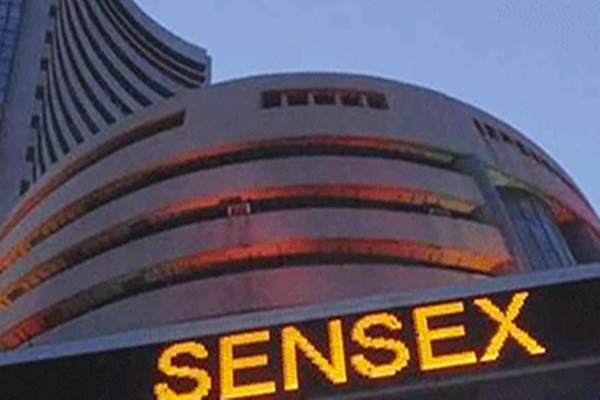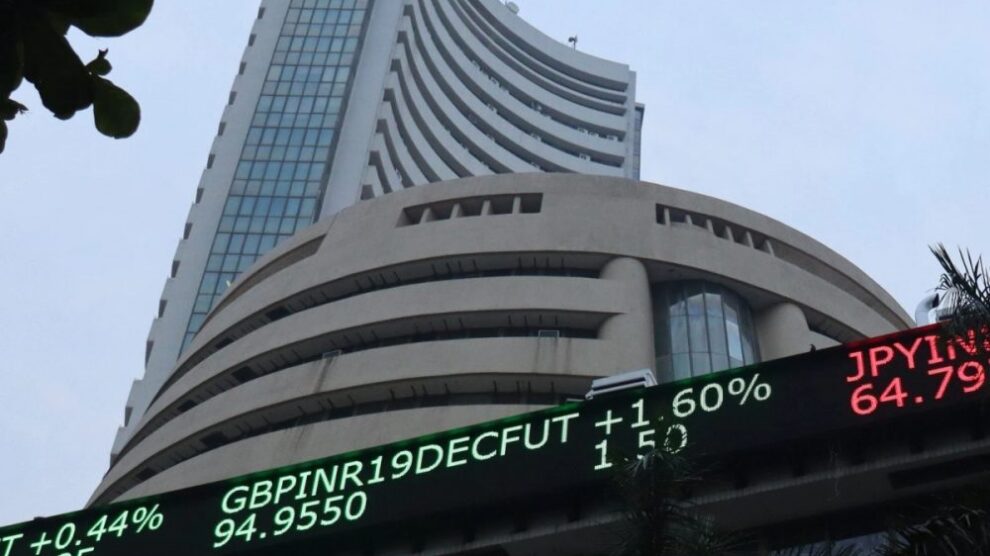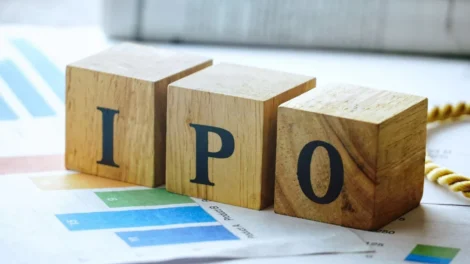The performance of the Indian stock market is heavily influenced by global cues, and the Sensex today serves as a prime indicator of these dynamics. As investors look to make informed decisions, understanding how international developments impact the Sensex is crucial. For those actively participating in the market, having a demat account is essential for trading shares efficiently and capitalizing on market movements influenced by global events.
Economic Trends and Market Volatility
Global economic trends, political stability, and changes in foreign markets can significantly affect the Sensex today. For instance, fluctuations in oil prices, changes in interest rates by central banks, and geopolitical tensions can all contribute to market volatility. Investors keeping a close watch on these cues can better anticipate movements in the Sensex. By having a demat account, they can quickly execute trades, whether they want to capitalize on a bullish trend or hedge against potential downturns.
Impact of International Market Performance
Today, the Sensex is also impacted by international market performances, particularly from the United States and other major economies. A positive opening in the U.S. markets can lead to bullish sentiment in India, while negative cues may dampen investor confidence. Investors who have opened a demat account can react swiftly to these changes, allowing them to buy or sell shares based on real-time information about the Sensex today. This agility can make a significant difference in maximizing returns or minimizing losses during unpredictable market conditions.
Role of Foreign Institutional Investors
Foreign institutional investors (FIIs) play a critical role in shaping the Sensex today. Their investment decisions are often influenced by global cues, such as monetary policy changes or economic outlooks in their home countries. When FIIs increase their investments in Indian stocks, the Sensex tends to rise, reflecting their confidence in India’s economic prospects. For individual investors, having a demat account is vital to take advantage of this influx of capital, enabling them to trade shares of companies included in the Sensex and benefit from the resulting price movements.
Investor Sentiment and Market Reactions

The impact of global cues on the Sensex today is not limited to economic factors; investor sentiment also plays a significant role. News regarding international trade agreements, global economic recovery, or crises can lead to rapid changes in market sentiment. Investors who stay informed about these global developments can make better decisions regarding their investments. A demat account allows them to execute trades effectively, ensuring they can respond promptly to shifts in the Sensex driven by global news.
Technological Advancements and Accessibility
The ongoing developments in technology and finance have made it easier for retail investors to access global market information. Online platforms provide real-time updates on the Sensex today, allowing investors to track their investments closely. With a demat account, they can not only monitor their stock portfolios but also execute trades quickly based on the latest global cues. This heightened accessibility empowers investors to become more active participants in the market, potentially leading to more significant returns.
Conclusion
The Sensex today is greatly influenced by various global cues that shape the Indian market landscape. Understanding these influences is essential for investors looking to navigate the complexities of the stock market. By opening a demat account, they can effectively trade shares in response to the ever-changing market conditions influenced by international events.



